
Sterling Professor of Social and Natural Science at Yale. Physician. Author of Apollo's Arrow; Blueprint; and Connected. ::: More active at azure skies.
112 subscribers
How to get URL link on X (Twitter) App


 For groups to reach consensus, which is a common and crucial social task, constituent individuals must share information across network ties and make concessions to others people, trading off personal versus collective interests. 2/
For groups to reach consensus, which is a common and crucial social task, constituent individuals must share information across network ties and make concessions to others people, trading off personal versus collective interests. 2/


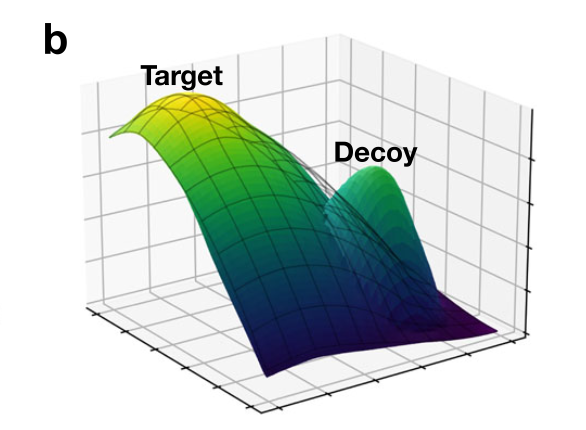


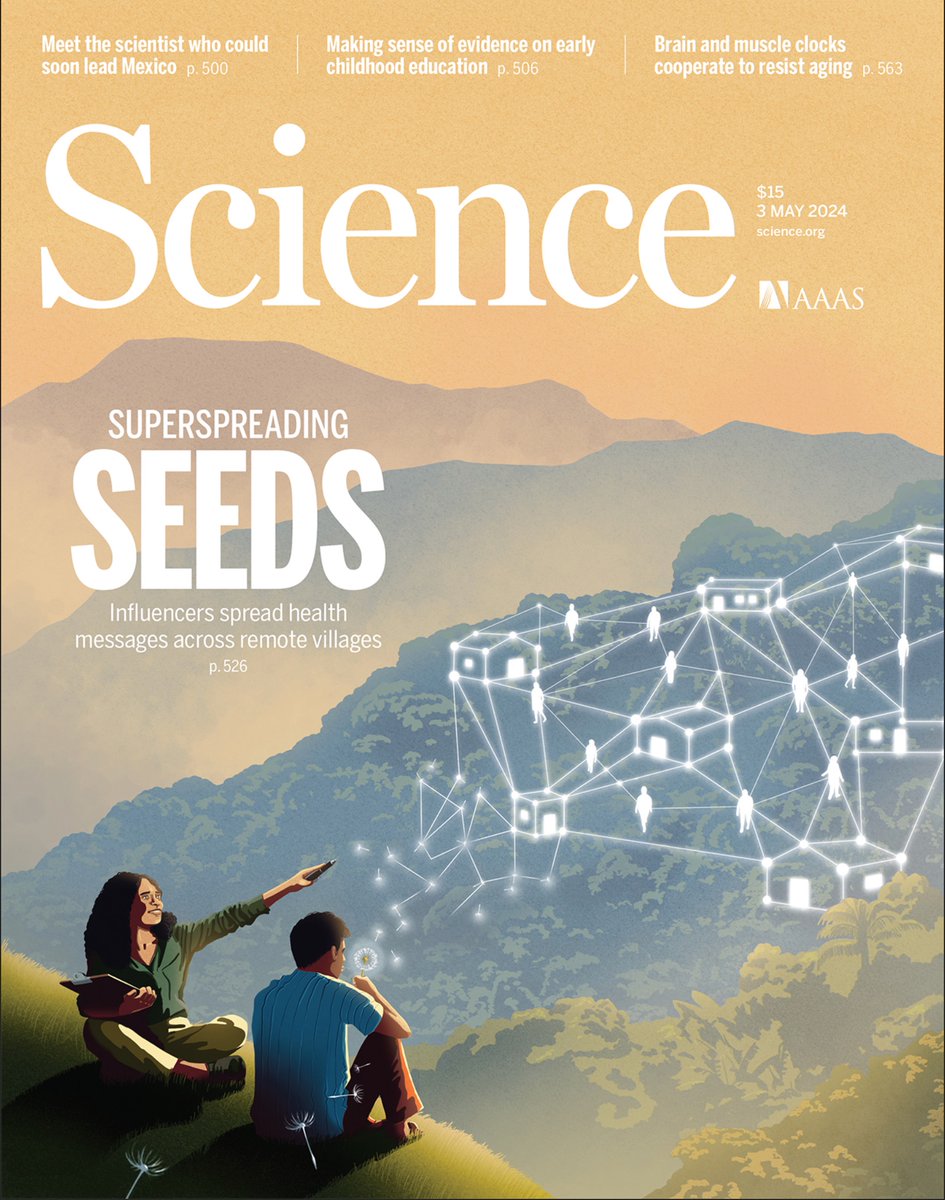
 In a large randomized controlled field trial in 24,702 people in 176 isolated villages in Honduras, published in @ScienceMagazine on May 3, 2024, we showed how social contagion can be used to improve human welfare. #HNL @eairoldi science.org/doi/10.1126/sc…
In a large randomized controlled field trial in 24,702 people in 176 isolated villages in Honduras, published in @ScienceMagazine on May 3, 2024, we showed how social contagion can be used to improve human welfare. #HNL @eairoldi science.org/doi/10.1126/sc…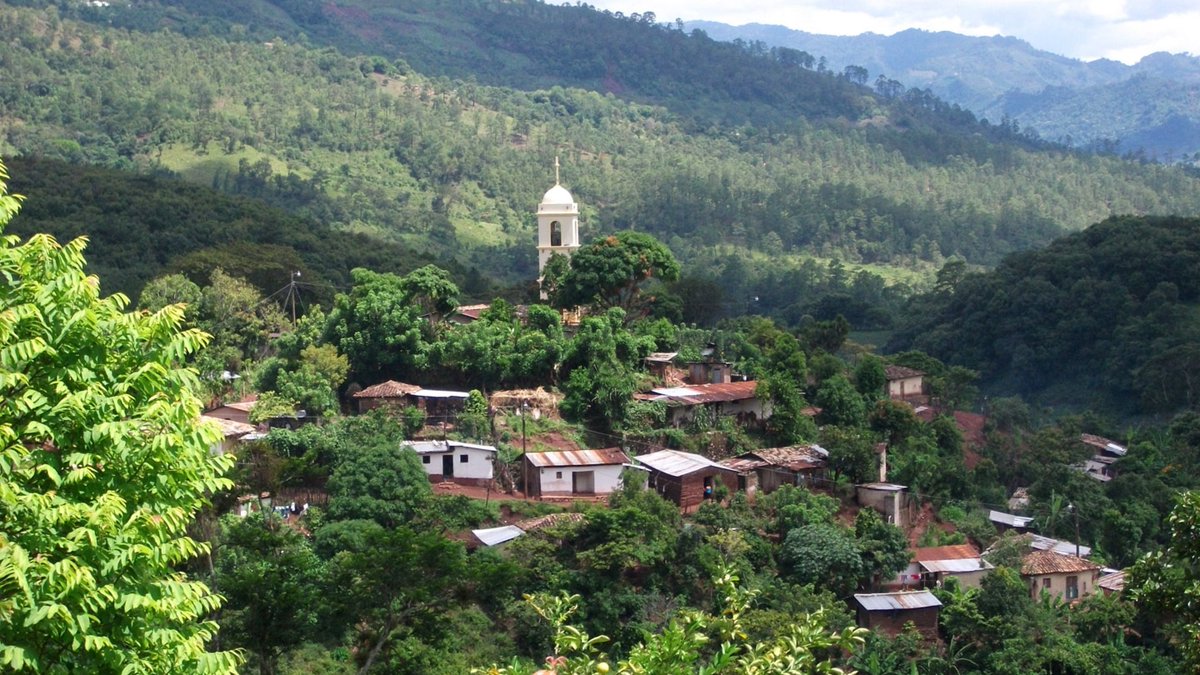
https://x.com/sfmcguire79/status/1785059023688974360The background for this statement is pro-Palestinian protests and certain recent actions by some protestors.
https://x.com/NAChristakis/status/1784704919687106788
https://x.com/NAChristakis/status/1784750205344129063



 A lot of the economic gradient in subjective well being (SWB) with respect to wealth has to do with the invidious comparisons people can make with those around them. 2/
A lot of the economic gradient in subjective well being (SWB) with respect to wealth has to do with the invidious comparisons people can make with those around them. 2/

 A total of 18 (23.4%) Caesars ruled during Early Empire (27 BC–AD 193, 220 years) and 59 (76.6%) during Late Empire (193-476, 283 years). On the average, early emperors ruled for longer (12.7 years vs 6.0 years) and died older (53.4 years vs 46.0 years) than late emperors. 2/
A total of 18 (23.4%) Caesars ruled during Early Empire (27 BC–AD 193, 220 years) and 59 (76.6%) during Late Empire (193-476, 283 years). On the average, early emperors ruled for longer (12.7 years vs 6.0 years) and died older (53.4 years vs 46.0 years) than late emperors. 2/ 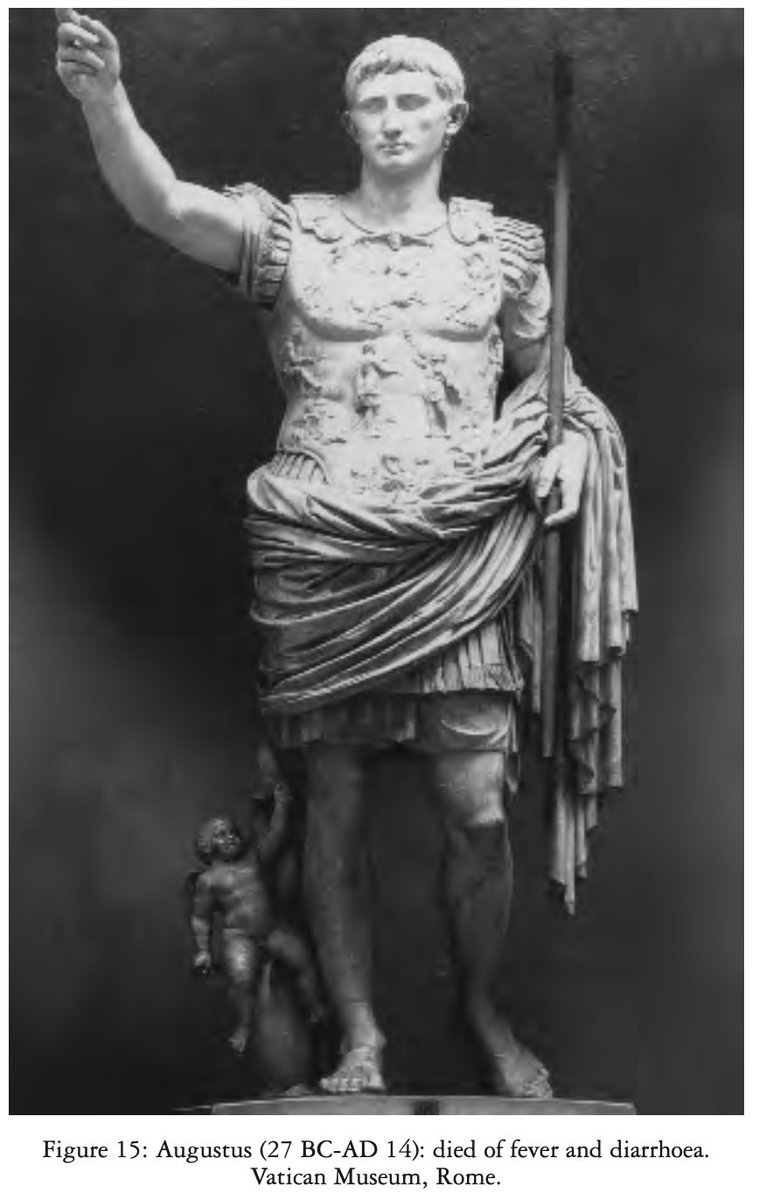
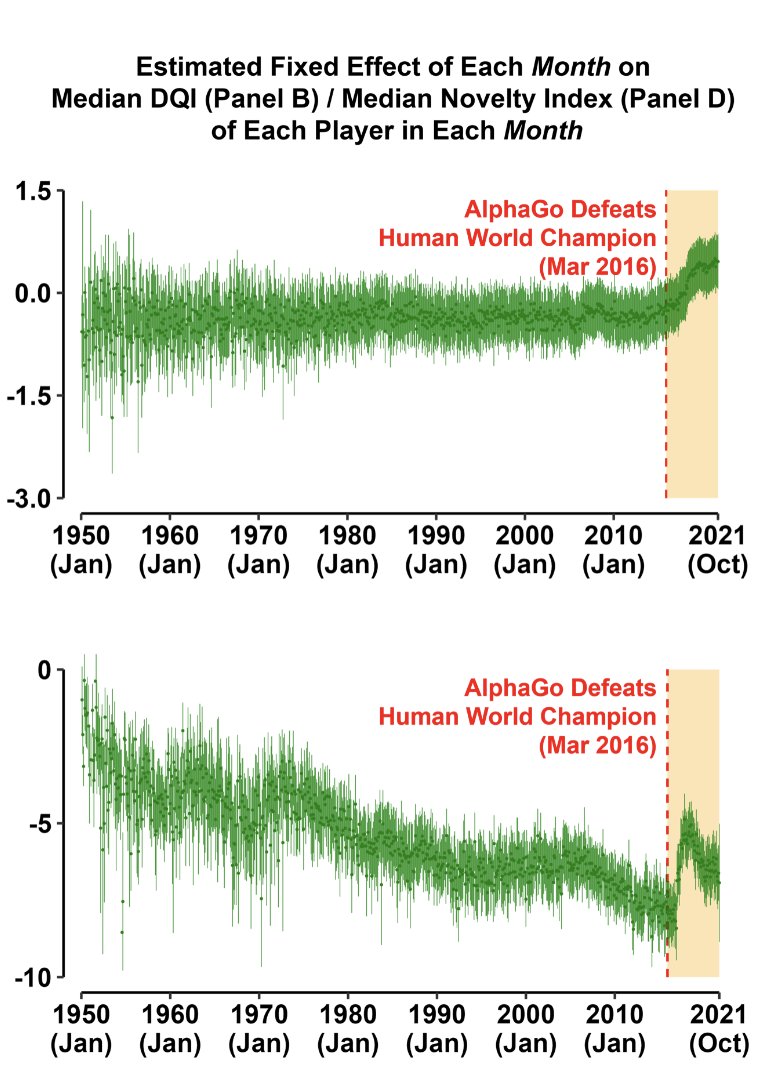
 Human players in human-human matches began to make significantly better decisions in Go following the advent of superhuman AI. Players’ strategies across time changed to reflect more novelty (in the first 60 moves of a game). 2/
Human players in human-human matches began to make significantly better decisions in Go following the advent of superhuman AI. Players’ strategies across time changed to reflect more novelty (in the first 60 moves of a game). 2/
https://twitter.com/NAChristakis/status/1239204599959093250*subject to the low-likelihood emergence of a novel strain of the virus that fully evades our vaccines or that is much deadlier. ;-)
https://twitter.com/social_brains/status/1616914964480163840The Chinese room argument holds that a digital computer executing a program cannot have a "mind", "understanding," or "consciousness", regardless of how intelligently or human-like the program may make the computer behave. 2/

https://twitter.com/venturetwins/status/1604335401325379584Or, better yet, do not waste university resources preparing reports that cannot withstand even the slightest scrutiny.

